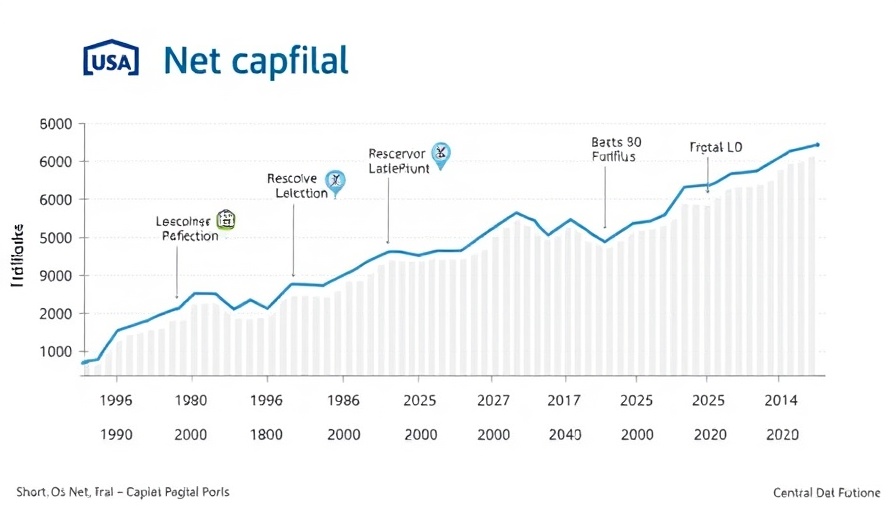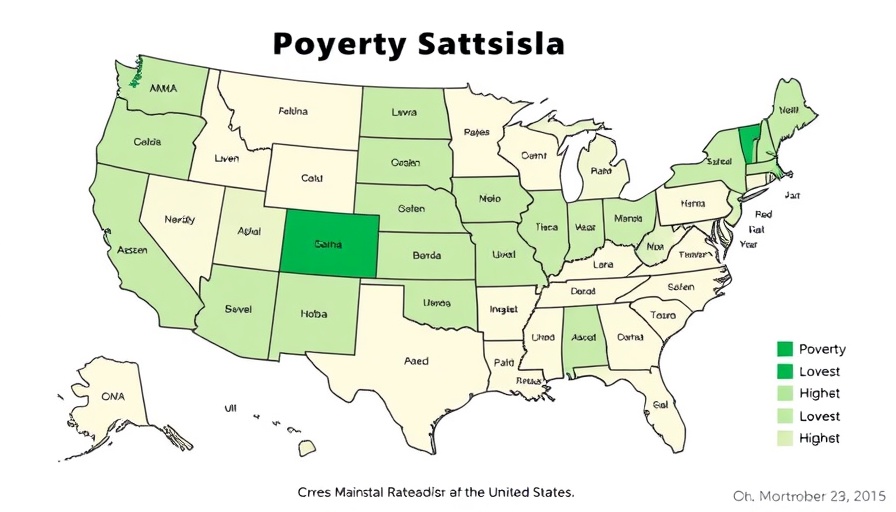
Understanding the Flaws of Survey Data
As inflation continues to stir concern across various sectors, understanding the accuracy and reliability of survey data emerges as a critical issue. Recently, the release of the University of Michigan (UMich) long-term inflation expectations brought forth skepticism regarding sentiment surveys—historically seen as a pulse check on economic sentiment. However, Barry Ritholtz argues that these surveys often lag behind actual inflation trends by as much as 6 to 12 months, rendering them less effective for predicting future outcomes.
The Pitfalls of Political Bias
The recent UMich survey underscores how political affiliation can skew perceptions of economic realities. Democrats and Independents report inflation expectations significantly higher at 5.1% and 4.4%, respectively, while Republicans express a starkly low 1.5%. This political divergence raises questions about the validity of such surveys. If consumer sentiment is heavily influenced by political bias, the data's reliability diminishes, highlighting the complexity behind understanding public sentiment regarding inflation.
Inflation Expectations: A Historical Perspective
Historically, inflation expectations indicated future economic shifts, but recent data shows that they are often more reflective of past conditions than future predictions. The significant inflation spike occurred even when expectations were at a low point—demonstrating a lag that could misinform both policymaking and consumer behavior. This scenario serves as a reminder that while surveys can provide insights, they should be interpreted with caution.
Implications for Top Earners
For high-income earners in Philadelphia, understanding the nuances of inflation predictions and consumer sentiment is essential for informed investment decisions and financial planning. As inflation trends impact purchasing power and long-term financial strategies, relying on skewed survey results could lead to misguided financial moves. It is imperative to complement survey data with broader economic indicators and analysis.
In conclusion, while surveys like the UMich inflation expectations can shed light on consumer sentiment, they are deeply flawed tools for anticipating economic changes. Awareness of these pitfalls is necessary for anyone navigating today’s complex economic landscape. Empower yourself by examining data critically and considering diverse perspectives in economic conversations.
 Add Row
Add Row  Add
Add 




Write A Comment